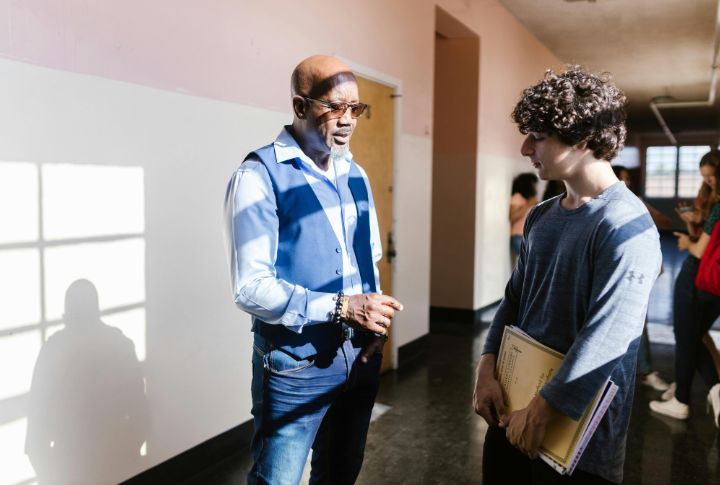
The idea of teaching often starts with optimism. Yet the classroom has a way of testing every expectation you bring to it. The pressures are real, but so are the small triumphs that keep people coming back. So, before you take that first step into education, here are the insights, trade-offs, and quiet truths that shape a teacher’s world behind the scenes.
It’s Emotionally Draining

You might think the hardest part of teaching is the lesson planning or grading, but that’s just the warm-up. What really gets you is the emotions you didn’t sign up for. You’ll celebrate students’ wins like they’re your own and lose sleep over their struggles.
Metrics Miss The Point

Schools love numbers. They track your performance through test scores, student surveys, and classroom observations, which reduces something deeply human into tidy data points. Yet the true measure of teaching hides between those lines—the quiet student who finally participates, or the one who remembers your lesson years later.
You’ll Pay For Supplies

Get ready to become both teacher and unofficial sponsor. You’ll start off buying a few cute markers, then realize you’ve basically opened a small supply store out of your wallet. No one reimburses you for the snacks that calm hungry students or the printer ink you replace… again.
The Work Follows You Home

The school day may end, but the workday doesn’t. Teachers routinely take home hours of grading and administrative catch-up. Those tasks are rarely visible to anyone outside the profession. The boundary between personal time and professional duty blurs until both feel the same color of tired.
You’ll Play Many Roles

You thought you’d just teach? That’s adorable. You’ll also be a therapist, referee, detective, nurse, and occasional life coach—sometimes all before lunch. Students will bring you problems that no degree ever prepared you for. You’ll listen, care, and somehow make it work… because who else will?
Passion Doesn’t Prevent Burnout

They’ll tell you to “just love it more,” as though enthusiasm were a renewable resource. But devotion doesn’t shorten grading piles or soften deadlines. Burnout never pauses to applaud good intentions. It just waits patiently, pen in hand, ready to join you at your desk.
Support Isn’t Guaranteed

Some principals will back you up like family. Others will ghost you faster than a bad date when trouble starts. One leadership change, and suddenly your whole world shifts. Politics and “budget priorities” will decide your fate more often than common sense.
Management Takes Practice

People will tell you classroom control is a personality thing—either you’ve got “presence” or you don’t. That’s nonsense. You’ll earn that calm stare and confident tone through trial and maybe a few panic sweats. Classroom management is a practice, and the occasional deep breath before you lose it.
Growth Often Means Leaving

Here’s the irony: to move up, you usually have to step out. The best teachers end up leaving the classroom for promotions or simply a break from the chaos. You’ll miss the connection but not the exhaustion. The system rewards distance from the work that matters most.
Failure Stays With You

You’ll tell yourself it’s just one student, just one grade—but it won’t feel that way. That F will echo longer than it should, and you’ll replay what you could’ve done differently. Years later, you’ll still remember the names. And part of you will always wonder if they did too.
